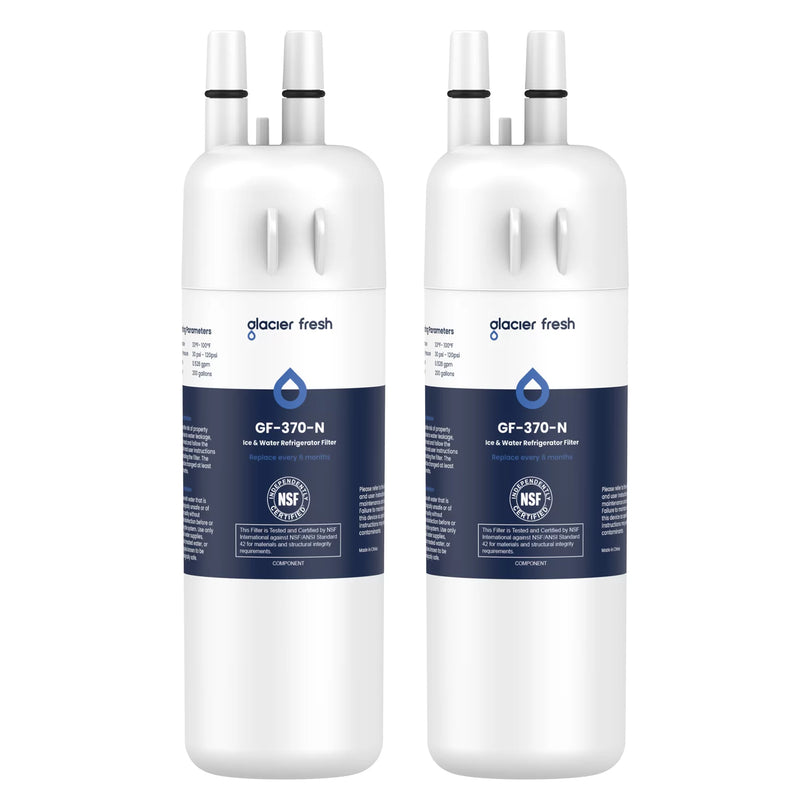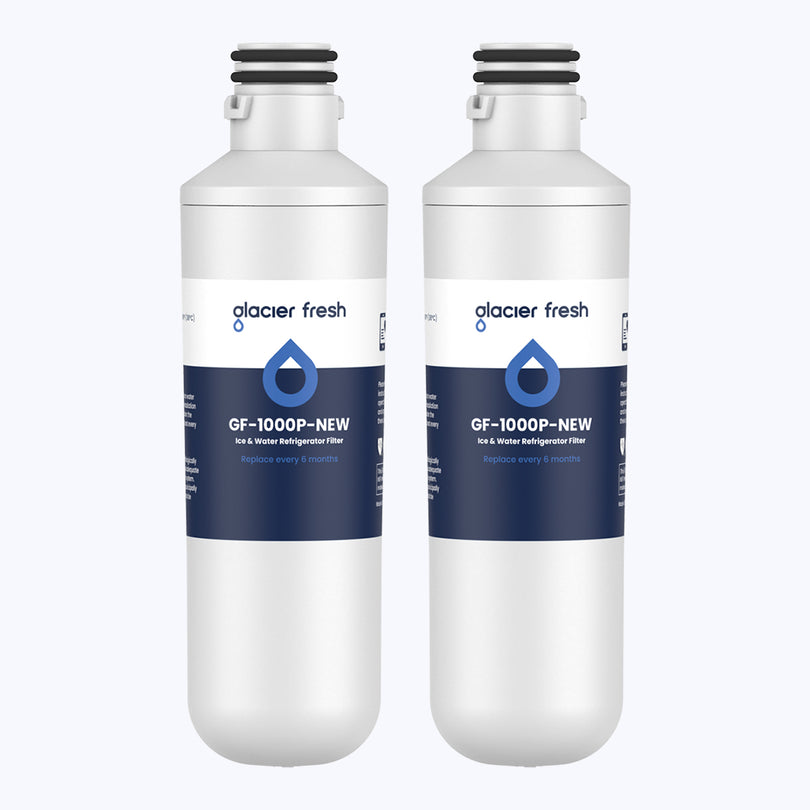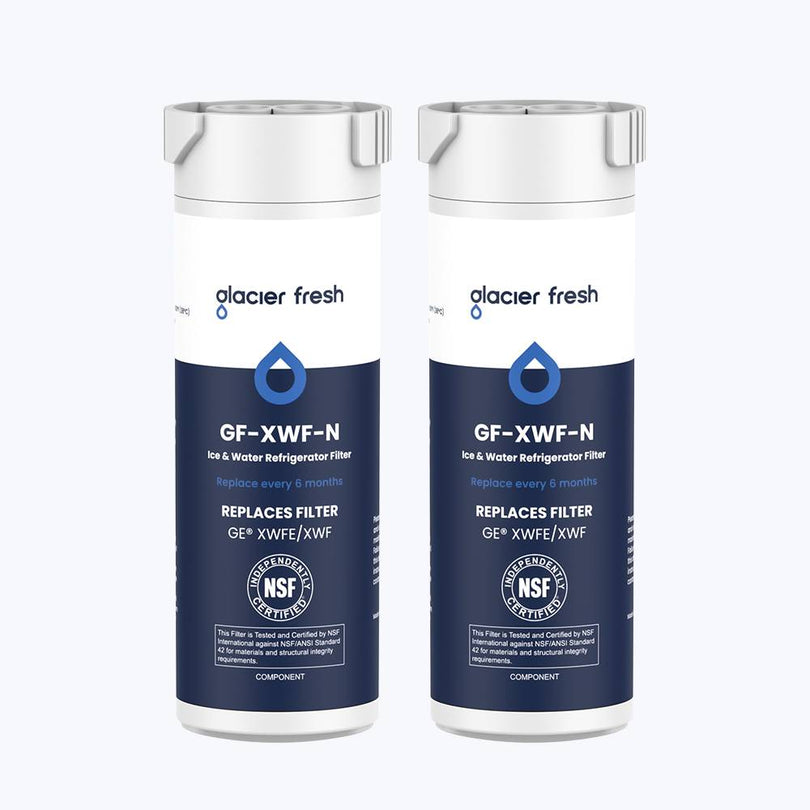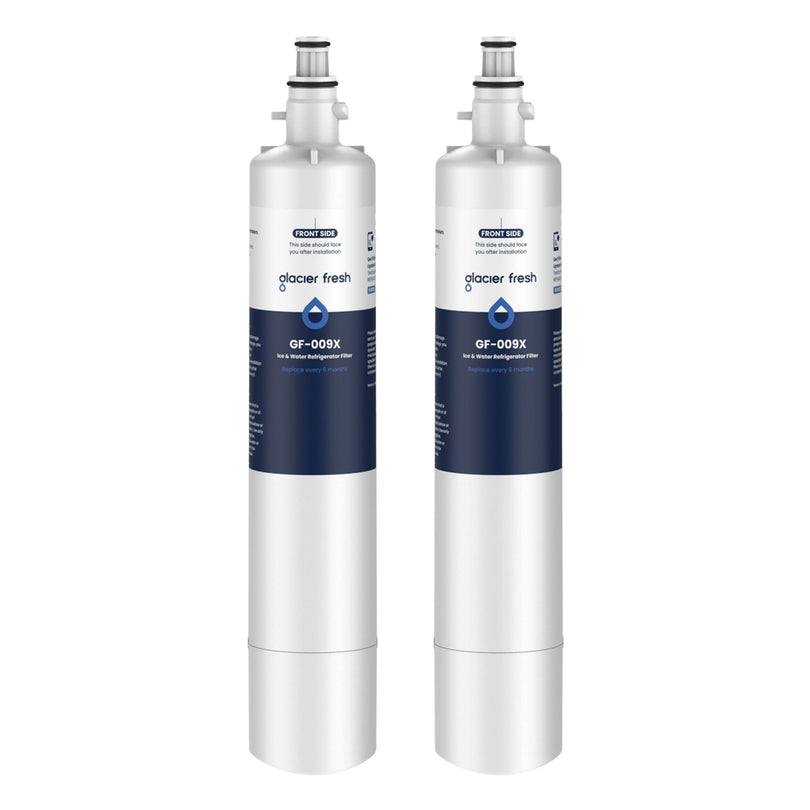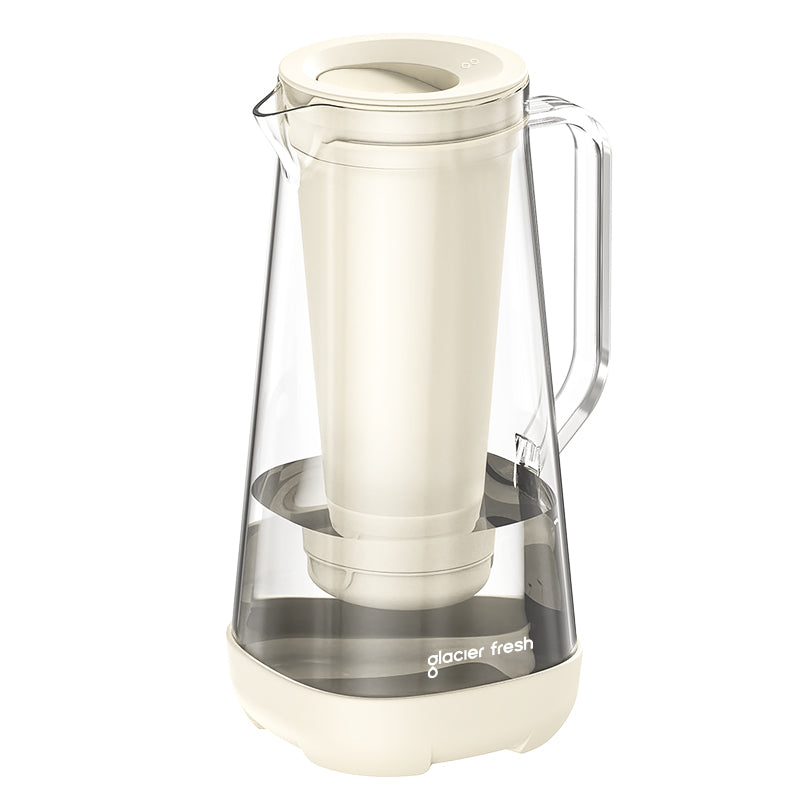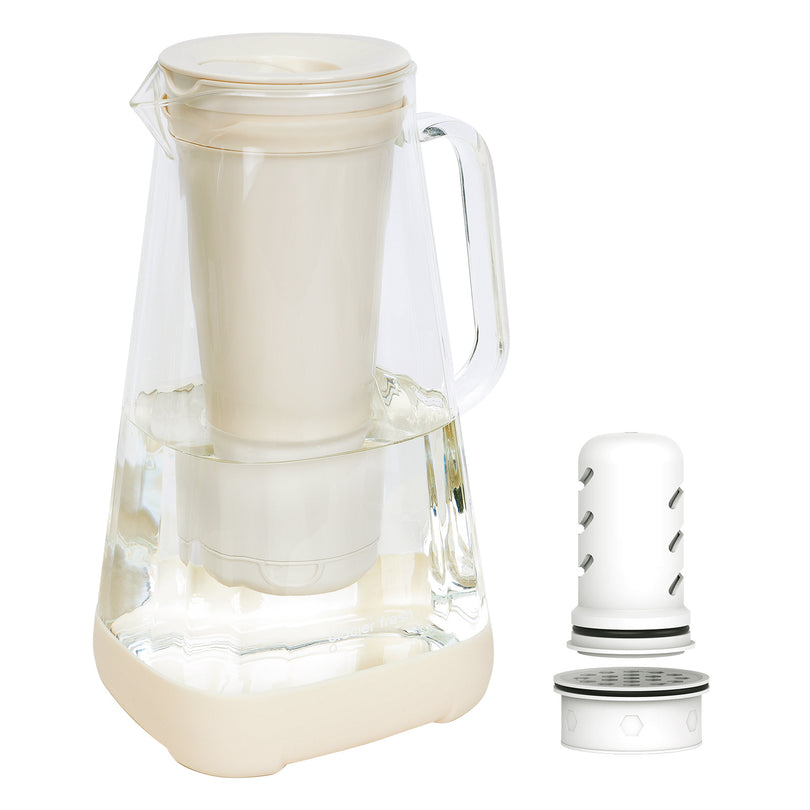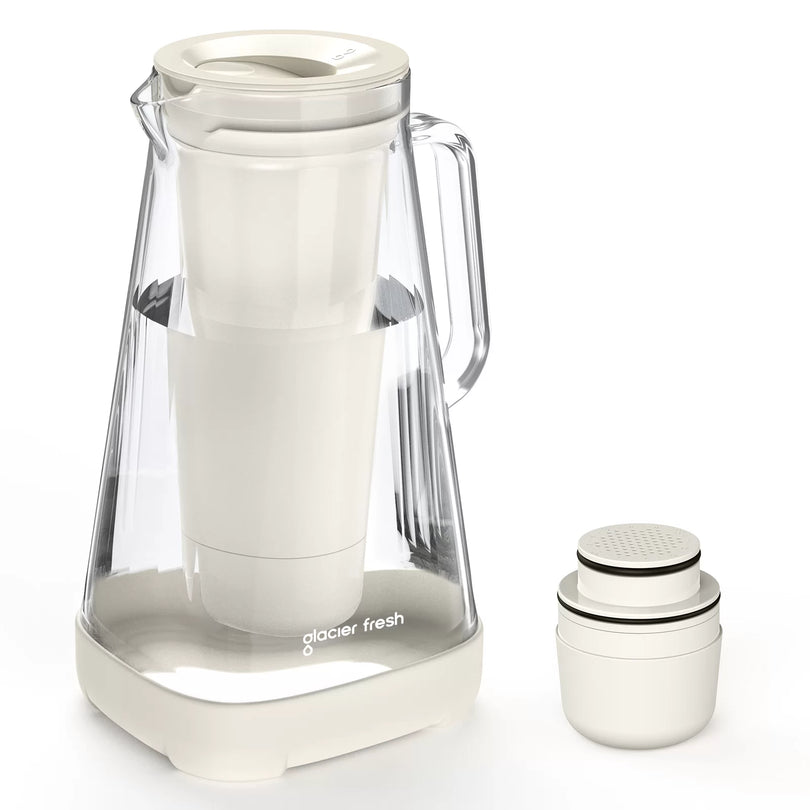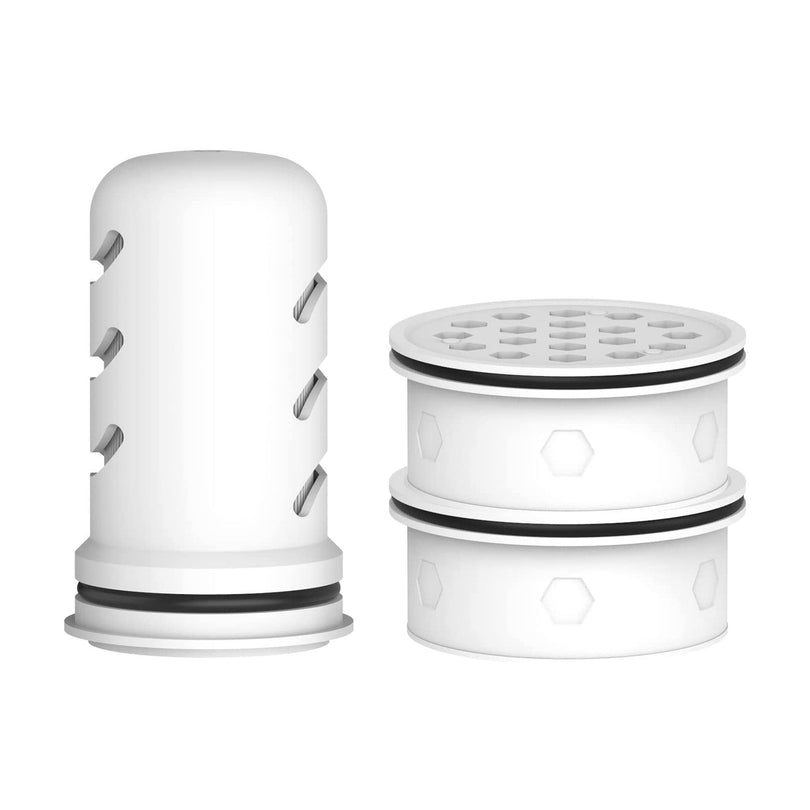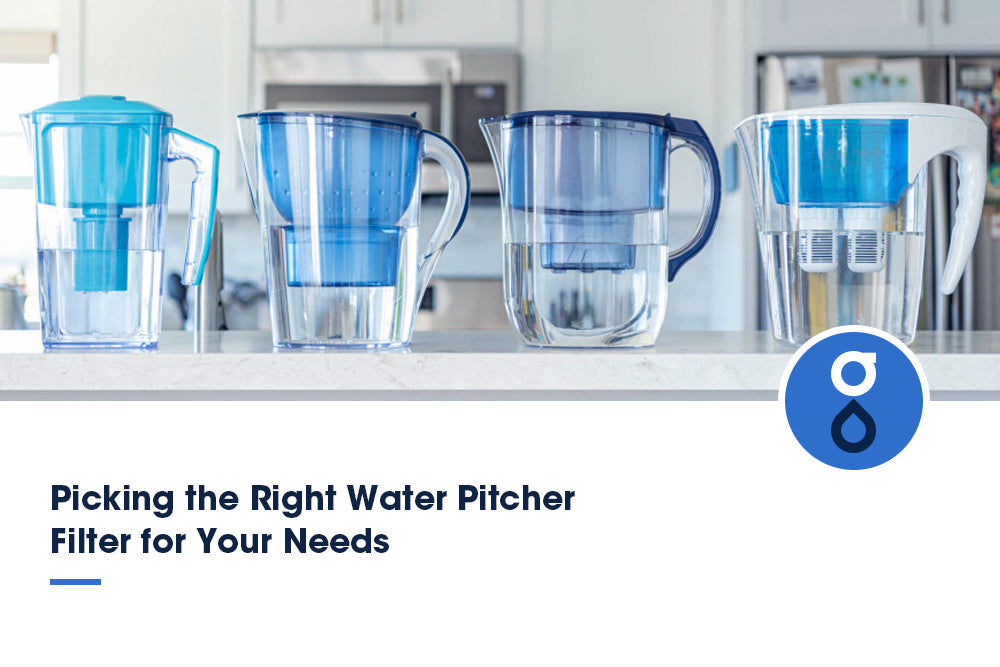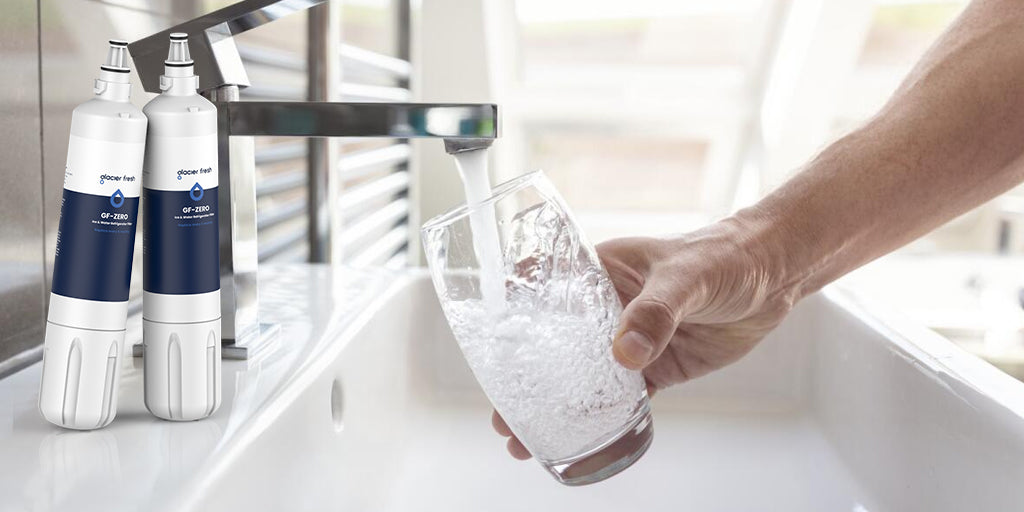Table of Contents:
Was ist ein Wasserkrugfilter?
Warum brauchen Sie einen Wasserkrugfilter?
Arten von Wasserkrugfiltern
Faktoren, die bei der Auswahl eines Wasserkrugfilters zu berücksichtigen sind
FAQs
Abschluss
Suchen Sie den perfekten Wasserkrugfilter für Ihre Bedürfnisse? Dann sind Sie hier richtig! In diesem Artikel helfen wir Ihnen bei der Auswahl des richtigen Wasserkrugfilters. Sie erfahren, was ein Wasserkrugfilter ist, warum Sie ihn brauchen, welche verschiedenen Typen es gibt und welche Faktoren bei der Auswahl zu berücksichtigen sind. Machen Sie sich bereit, den idealen Wasserkrugfilter zu finden, der Ihnen jederzeit sauberes und erfrischendes Wasser garantiert.
Was ist ein Wasserkrugfilter?
Wenn Sie nach einer bequemen und kostengünstigen Möglichkeit suchen, die Qualität Ihres Trinkwassers zu verbessern, ist ein Wasserkrugfilter eine gute Option. Die Vorteile eines Wasserkrugfilters sind vielfältig und machen ihn für viele Haushalte zu einer ausgezeichneten Wahl. Diese Filter verwenden Aktivkohle oder andere Filtermaterialien, um Verunreinigungen aus dem Leitungswasser zu entfernen. Beim Durchlaufen des Filters werden Schadstoffe wie Chlor , Blei und andere Chemikalien zurückgehalten, was zu saubererem und besser schmeckendem Wasser führt.
Warum brauchen Sie einen Wasserkrugfilter?

Um die Notwendigkeit eines Wasserfilters zu verstehen, sollten Sie die Vielzahl von Verunreinigungen bedenken, die in Ihrem Leitungswasser vorhanden sein können. Von Chemikalien wie Chlor und Blei bis hin zu Bakterien und Mikroorganismen können verschiedene Verunreinigungen den Geschmack und die Qualität Ihres Trinkwassers beeinträchtigen. Hier kommt ein Wasserfilter ins Spiel.
Die Vorteile eines Wasserfilters sind vielfältig. Erstens hilft er, Schadstoffe aus Ihrem Wasser zu entfernen und schützt Sie und Ihre Familie so vor potenziellen Gesundheitsrisiken. Durch die Beseitigung von Verunreinigungen verbessert ein Wasserfilter den Geschmack und Geruch Ihres Leitungswassers und macht es so angenehmer zu trinken. Darüber hinaus bietet er Ihnen den Komfort, gefiltertes Wasser zu Hause zur Verfügung zu haben, sodass Sie kein Flaschenwasser kaufen müssen und weniger Plastikmüll entsteht.
Die Bedeutung eines Wasserfilters kann nicht genug betont werden. Er bietet eine kostengünstige Lösung für sauberes und sicheres Trinkwasser. Anstatt teure Filtersysteme zu verwenden oder Wasser in Flaschen zu kaufen, bietet ein Wasserfilter eine kostengünstige und effiziente Möglichkeit, die Reinheit Ihres Leitungswassers sicherzustellen. Darüber hinaus ist die Verwendung eines Wasserfilters umweltfreundlich, da er den Verbrauch von Plastikflaschen reduziert und zur Schonung natürlicher Ressourcen beiträgt.
Arten von Wasserkrugfiltern
Fortschrittliche Kohlefilter
Moderne Kohlefilter entfernen Verunreinigungen und Schadstoffe effektiver aus Ihrem Wasser als herkömmliche Kohlefilter. Diese Filter nutzen eine Kombination aus Aktivkohle und anderen fortschrittlichen Technologien, um gezielt Schadstoffe wie Chlor, Blei, Quecksilber und Pestizide zu entfernen.
Die Aktivkohlefilter , wodurch mehr Verunreinigungen absorbiert und Geschmack und Geruch Ihres Wassers verbessert werden können. Darüber hinaus können moderne Kohlefilter zusätzliche Filterstufen enthalten, wie z. B. ein Netz oder einen Keramik-Vorfilter, um den Filterprozess weiter zu verbessern.
Ionenaustauschfilter
Ein Ionenaustauschfilter kann eine weitere effektive Möglichkeit sein, die Qualität Ihres Trinkwassers in Ihrem Wasserkrug zu verbessern. Dieser Filtertyp entfernt schädliche Verunreinigungen durch einen als Ionenaustausch bezeichneten Prozess aus Ihrem Wasser. Der Filter enthält mit Ionen beschichtete Harzkügelchen. Beim Durchlaufen des Filters ziehen die Harzkügelchen die Verunreinigungen an und tauschen sie mit ihnen aus, wodurch diese effektiv aus dem Wasser entfernt werden. Ionenaustauschfilter sind besonders effektiv bei der Reduzierung von Schwermetallen wie Blei und Quecksilber sowie anderen Verunreinigungen wie Kalzium und Magnesium.
Umkehrosmosefilter

Eine effektive Möglichkeit, die Qualität Ihres Trinkwassers in Ihrem Wasserkrug zu verbessern, sind Umkehrosmosefilter. Umkehrosmosefilter entfernen Verunreinigungen durch einen Prozess namens Umkehrosmose. Diese Filter sind hochwirksam bei der Entfernung von Verunreinigungen wie Schwermetallen, Bakterien, Viren und Chemikalien aus Ihrem Wasser.
Umkehrosmosefilter verwenden eine halbdurchlässige Membran, die Wassermoleküle durchlässt, größere Partikel jedoch blockiert. Die Verunreinigungen werden ausgespült, sodass Sie sauberes und reines Trinkwasser erhalten. Diese Filter sind dafür bekannt, selbst kleinste Partikel zu entfernen und Ihnen so sicheres und gesundes Trinkwasser zu bieten.
Alkalische Wasserfilter
Alkalisches Wasser soll verschiedene gesundheitliche Vorteile bieten, wie z. B. die Neutralisierung von Säuren im Körper und eine verbesserte Flüssigkeitszufuhr. Die Filter verwenden typischerweise eine Kombination von Mineralien wie Kalzium, Magnesium und Kalium, um diesen alkalischen Effekt zu erzielen. Darüber hinaus können alkalische Wasserfilter auch bestimmte Verunreinigungen aus Ihrem Wasser entfernen und so dessen Gesamtqualität verbessern.
Es ist wichtig zu beachten, dass alkalische Wasserfilter zwar eine großartige Ergänzung für Ihren Wasserkrug sein können, aber möglicherweise nur für bestimmte Personen geeignet sind. Wenn Sie gesundheitliche Bedenken oder diätetische Einschränkungen haben, sollten Sie immer einen Arzt konsultieren, bevor Sie Änderungen an Ihrem Trinkwasser vornehmen.
Faktoren, die bei der Auswahl eines Wasserkrugfilters zu berücksichtigen sind

Berücksichtigen Sie bei der Auswahl einer Glas-Wasserfilterkanne die für Sie wichtigsten Faktoren. Hier sind fünf Schlüsselfaktoren, die Sie berücksichtigen sollten:
- Preisspanne: Bestimmen Sie Ihr Budget und suchen Sie nach einem Wasserkrugfilter, der in diesen Rahmen passt. Denken Sie daran, nicht nur die Anschaffungskosten, sondern auch die Kosten für Ersatzfilter im Laufe der Zeit zu berücksichtigen.
- Filterkapazität: Überlegen Sie, wie viel Wasser Sie und Ihre Familie täglich verbrauchen. Suchen Sie nach einem Kannenfilter, der Ihren Bedarf ohne häufiges Nachfüllen deckt.
- Filterwechselhäufigkeit: Beachten Sie die Empfehlungen des Herstellers, wie oft der Filter ausgetauscht werden muss. Bedenken Sie, dass ein häufigerer Austausch die Gesamtkosten erhöhen kann.
- Wirksamkeit der Schadstoffentfernung: Informieren Sie sich über die spezifischen Schadstoffe, die der Filter entfernen kann. Achten Sie auf zertifizierte Filter, die gängige Schadstoffe wie Chlor, Blei und Schwermetalle entfernen.
- Design und Ästhetik: Achten Sie auf das Design des Wasserkrugfilters und darauf, wie er zu Ihrer Kücheneinrichtung passt. Achten Sie auf einen Krug, der leicht zu handhaben und angenehm zu greifen ist.
FAQs
Wie oft muss ich die Filterkartuschen in einem Wasserkrugfilter austauschen?
Es empfiehlt sich, die Filterkartuschen eines Wasserkrugfilters alle 2–3 Monate oder wie vom Hersteller angegeben auszutauschen. Durch den regelmäßigen Austausch wird sichergestellt, dass der Filter weiterhin effektiv Verunreinigungen aus Ihrem Trinkwasser entfernt.
Kann ein Wasserkrugfilter mit Brunnenwasser oder aufbereitetem Leitungswasser verwendet werden?
Sie können einen Wasserkrugfilter mit Brunnenwasser oder aufbereitetem Leitungswasser verwenden. Vorteile sind Komfort und Kosten. Nachteile sind die begrenzte Filterkapazität. Zu den Wartungstipps gehört der regelmäßige Filterwechsel. Vergleichen Sie die Kosten und prüfen Sie alternative Filtermethoden für Ihre Anforderungen.
Abschluss
Bei der Auswahl des richtigen Wasserkrugfilters für Ihre Bedürfnisse ist es wichtig, Faktoren wie Filterlebensdauer, Schadstoffentfernungskapazität und Kosten zu berücksichtigen. Wenn Sie verstehen, was ein Wasserkrugfilter ist, warum Sie ihn benötigen und welche verschiedenen Typen es gibt, können Sie eine fundierte Entscheidung treffen. Denken Sie daran: Der richtige Wasserkrugfilter kann die Qualität Ihres Trinkwassers erheblich verbessern und Ihre allgemeine Gesundheit fördern.

